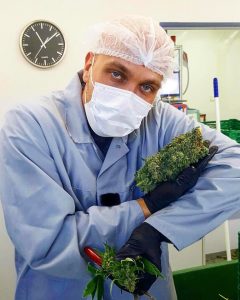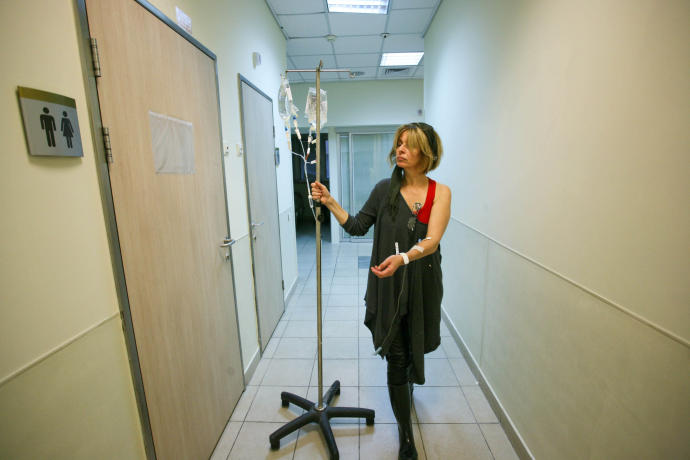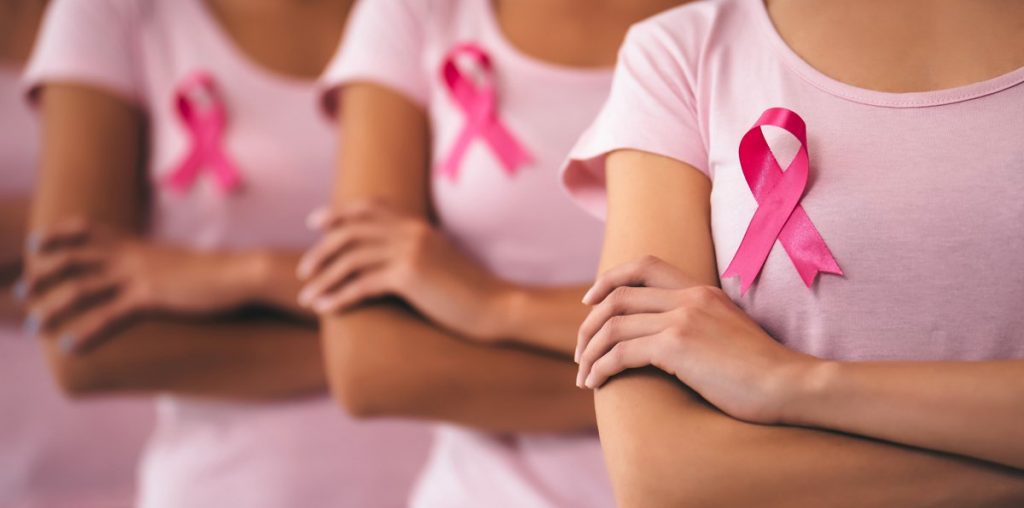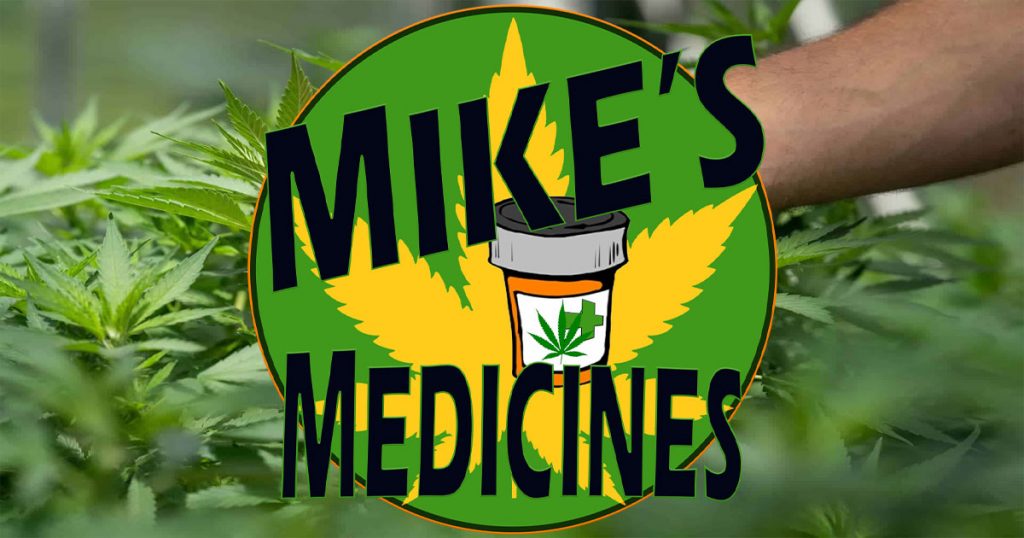In very recent press releases Israeli biotech company Cannabotech reported the results of a cell model study conducted by Hadassah Medical Center physicians examining the efficacy of CannaboBreast products intended for treating breast cancer with drug protocols: chemotherapy, biological and hormonal. The findings claim the products show up to a 600% improvement in killing cancer cells over the existing available treatments. The same corporation has announced plans to launch its product into the Pharmaceutical market in 2022. There are many that desire the sanctity of the cannabis plant to remain intact and are not too excited about a synthetic cannabinoid creation regardless of what it may treat. Farmers have just embraced new legislation and work with changes regularly, many of them see this as a real threat.
“I’ve been growing hemp for a decade trying to keep up with my state’s regulations, it’s a complicated business that I didn’t expect.” Hank, a farmer who wants to remain semi-anonymous explained, “I’m worried about the future of farming, I already was, we have a cost crisis on the wholesale market here in the U.S. and it doesn’t look like the pharmaceutical sector will waste time capitalizing on our problems. I’m not sure how much longer we’ll stay in this if we can’t secure a contract to supply one of these big companies.” His words aren’t uncommon and without a doubt, the sign of changing times as the billion-dollar pharmaceutical corporations enter the cannabis arena – and with synthetics to boot.
Let's Examine 2021 Breast Cancer Stats:
• 1 in 8 women will be diagnosed with breast cancer in her lifetime. (cancer.org)
• In 2021, an estimated 281,550 new cases of invasive breast cancer will be diagnosed in women
in the U.S. as well as 49,290 new cases of non-invasive (in situ) breast cancer. (cancer.org)
• 63% of breast cancer cases are diagnosed at a localized stage, for which the 5-year relative
survival rate is 99%. (cancer.net)
• If the cancer has spread to the regional lymph nodes, the 5-year survival rate is 86% and if the
cancer has spread to a distant part of the body, the 5-year survival rate is 28%. (cancer.net)
• At the time of diagnosis, approximately 63% of breast cancer patients have local-stage breast
cancer, 27% have regional stage, and 6% have distant (metastatic) disease. (cancer.net)
• Breast cancer is the most common cancer in American women, except for skin cancers. It is
estimated that in this year, approximately 30% of all new women cancer diagnoses will be
breast cancer. (breastcancer.org)
• This year, an estimated 43,600 women will die from breast cancer in the U.S. (cancer.org)
• For women in the U.S., breast cancer deaths are higher than those for any another cancer,
besides lung cancer. (breastcancer.org)
• In 2021, an estimated 2,650 men will be diagnosed with breast cancer this year in the U.S. and
530 men will die from breast cancer. (cancer.net)
• There are over 3.8 million breast cancer survivors in the United States. (cancer.org)
• The National Cancer Institute (NCI) states that almost 10,000 excess deaths in the US from
breast and colorectal cancer alone over the next 10 years will be because of pandemic-related
delays in cancer screening and treatment

While many carry hope in the Cannabis plant and its extracts, especially in the North American regions, others are looking to use these pharmaceuticals as that’s all that will be available to them – and having them covered by insurance is also a factor that most aren’t considering. Some believe it’s why prohibition in the United States has continued while other nations have made adjustments in law; Congress isn’t ready for the onslaught of pharmaceuticals or is waiting for them to come, is the consensus.
“It’s unfair to hold the plant as a hostage and allow these corporations to make whatever they want under a microscope; I have cancer, and I want cannabis oil.” Sandra Dale of Arizona continued, “It doesn’t matter to me if it’s covered by insurance or paid from my pocket; I want nature, I chose nature, and I will stay with nature!”
Early this morning, the Jerusalem Post reported the following:

developed by Cannabotech are unique in that they are developed to standards similar to those of the pharmaceutical industry and combine several active agents.

“The use of cannabinoids containing plant extracts as herbal medicine can be traced back to as early as 500 BC. In recent years, the medical and health-related applications of one of the non-psychotic cannabinoids, cannabidiol or CBD, has garnered tremendous attention. In this review, we will discuss the most recent findings that strongly support the further development of CBD as a promising anti-cancer drug.” is the beginning of a research article entitled:
Cannabidiol (CBD) as a Promising Anti-Cancer Drug
It’s studies like these and so many others as well as the overlooking of cannabinoids currently being used and reported in countless anecdotal cases as working that has many up in arms about synthetic models of cannabis. Most would like to see the end of prohibition and the ability to grow a plant that looks like a tomato in their garden instead of watching the pharmaceutical community thrive on synthetics.
Should we blame those looking to develop medicines for the future health of the world or do we all look at those who have delayed the end of Cannabis prohibition in American. Keep in mind that the U.S. set the tone for the world with reefer madness campaigns that were spread about in other languages as movies had them embedded within them like advertisements.
Patients with cancers and other serious health concerns need answers, and those who favor the plant need the government to respond as the only options for pharmaceuticals that seem to be advancing are biosynthetic. The lack of ability to research vital cannabinoids such as THC with humans in trials has delayed the timely ability to treat millions of people with life-threatening illnesses – this nobody can deny.
We need an end to prohibition and the allowance to freely study and grow a plant that should have never been held away from the population for so longed and branded as evil – while the rich study it with plans to get richer.
The current practices leave many with the ability to create a good plant medicine with few choices but to join this current movement that is heavily funded and will be touting much more than this new Breast Cancer Treatment.
As much as I favor plant medicine and want the plant set free – it’s good to know that the endocannabinoid system response is what causes the outcome here that allows other treatments to work. Many want the plant and nothing but the plant, but the masses also want women to be free of double mastectomies and the scare that comes with this diagnosis.
Ultimately, we’ll all watch and wait as this unfolds with hopes that justice is served, and along with these pharmaceutical press releases we see one that says a President has finally signed an act of Congress that frees the leaf.
In the meantime let’s all write our Senators and ask how a plant that’s such an awesome medicine breast cancer treatments are modeled after it stays on Schedule one status in the U.S.
-Mike Robinson, Cannabis Patient and Founder, Global Cannabinoid Research Center. But, most of all, Genevieve’s Daddy
Sign up to receive informative and exciting email updates from Mike's Medicines!
You can sign up for our mail list here:
Didn't find what you are looking for?
Find exactly what you want to when you want it.
Browse through our archives by date, category or by entering a topic in the provided search field.
Archives
Categories
More to come as we have time to add them – there’s 100’s of additional publications!

We’ve made it easy for you to read Mike’s Medicine Blog or visit any of the Menu items right from here. It is that simple! Explore Mikes Medicines by clicking on the button below:

Read about how Cannabis Compassion and love created Mike’s beautiful family, the Cannabis Love Story inspires millions daily:
Genevieve’s Dream is all about her love for the Carousel coupled with her Cannabinoid Medicine journey – read more and make contact if you’re interested in collaborating with Mike!
The Global Cannabinoid Research Center is a trusted source for education, R&D, and more – make contact with us to collaborate.







